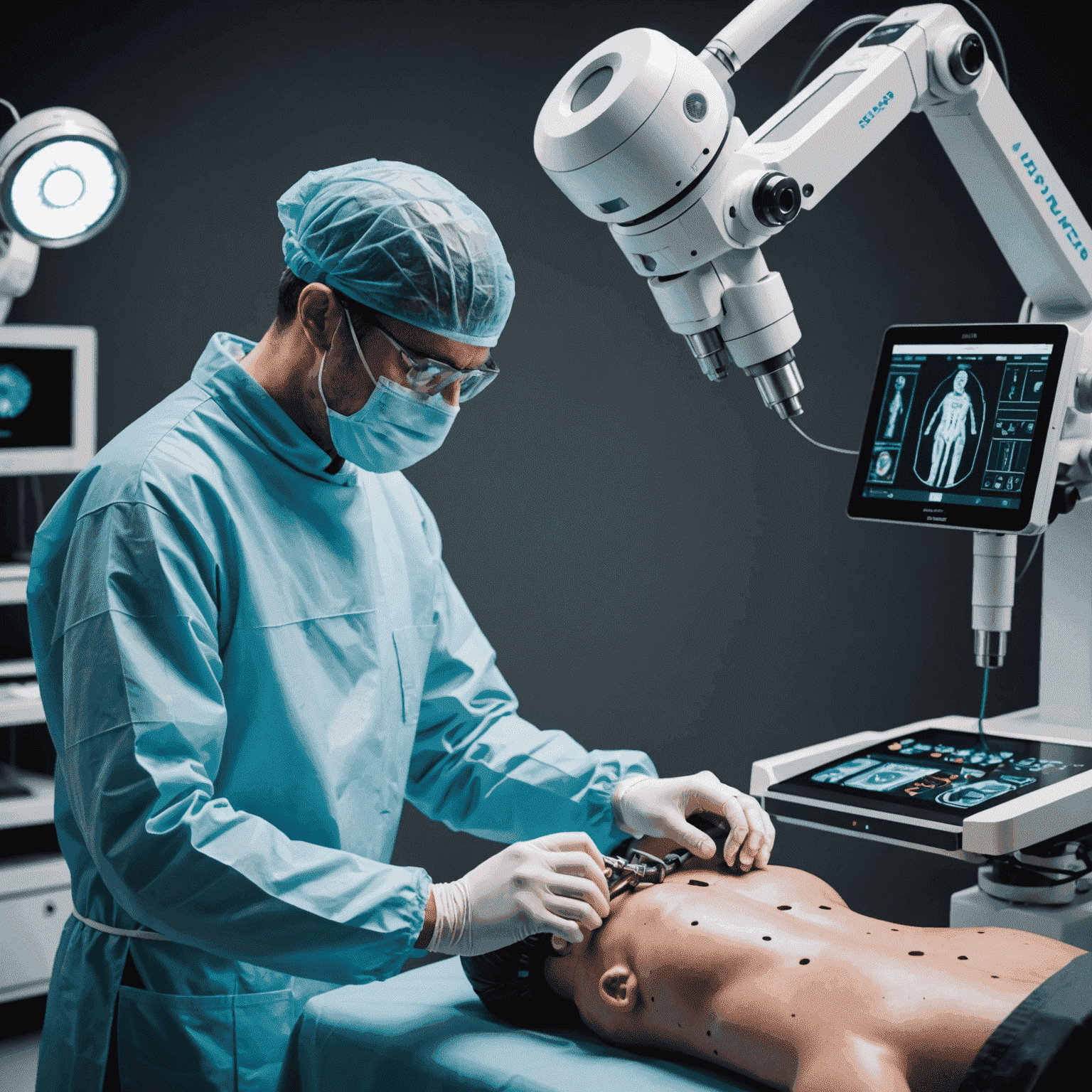The Future of Healthcare: How Technology is Transforming Patient Care

The healthcare industry is undergoing a profound transformation, driven by rapid advancements in technology. From telemedicine to artificial intelligence, these innovations are revolutionizing the way patients receive care and how healthcare providers deliver services.
One of the most significant developments in recent years has been the rise of telemedicine. With the help of video conferencing and remote monitoring tools, patients can now consult with their doctors from the comfort of their own homes. This has proven particularly valuable during the COVID-19 pandemic, enabling patients to access care while minimizing the risk of exposure to the virus.
Another area where technology is making a significant impact is in the realm of diagnostics. Artificial intelligence and machine learning algorithms are being developed to assist doctors in analyzing medical images, such as X-rays and MRIs, to detect abnormalities and make more accurate diagnoses. These tools have the potential to improve the speed and precision of diagnoses, ultimately leading to better patient outcomes.

In the field of surgery, robotic systems are enabling surgeons to perform complex procedures with greater precision and less invasiveness. These systems allow doctors to operate through tiny incisions, reducing patient discomfort and recovery times. As these technologies continue to evolve, we can expect to see even more groundbreaking applications in the surgical arena.
The integration of wearable devices and remote monitoring systems is also transforming the way chronic conditions are managed. Patients with conditions such as diabetes, heart disease, and hypertension can now use smart devices to track their vital signs and share this data with their healthcare providers in real-time. This enables doctors to monitor their patients' health more closely and intervene early when necessary, potentially preventing complications and hospitalizations.
As we look to the future, it is clear that technology will continue to play an increasingly vital role in shaping the healthcare landscape. From personalized medicine based on genetic data to the use of virtual and augmented reality in medical education and patient care, the possibilities are endless. By embracing these advancements and working to ensure they are accessible to all, we can create a healthcare system that is more efficient, effective, and patient-centered.